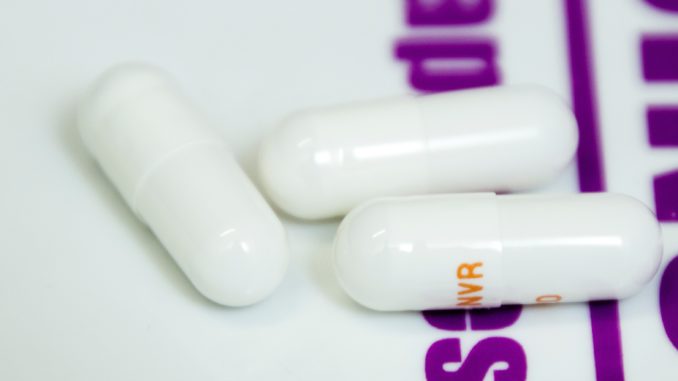
Shanza Khan, a third year pharmacy student at King’s College London, describes her experience of completing a pharmacy placement with the Argyle Health Group. The freedom and responsibility of the role ‘astonished’ her, giving her a fresh perspective on the life-changing potential of this growing role
This is an edited version of an article which first appeared in the Pharmaceutical Journal.
As pharmacy students we are commonly told of only three options available to us once we graduate: community, hospital, or industry. I remember starting the second year of my degree unsure about which of those sectors I saw myself working in, so one day I decided it was time for me to make the most of the opportunities that were available to me.
Not knowing what to expect, in 2017 I attended the Southern Area Conference held by the British Pharmaceutical Students’ Association (BPSA). At that conference there were many amazing speakers giving inspirational talks about their respective fields, one of whom was Ravi Sharma, the Royal Pharmaceutical Society’s director for England, and senior pharmacist in general practice.
The concept of a pharmacist working in general practice was something I had never heard of before so I was intrigued to find out more. In his talk, Ravi spoke about a typical day in his life as a practice pharmacist. I was blown away by the sheer enthusiasm he had for his work and just how varied his role was. At the very end of his talk, I remember having a huge smile on my face as I turned to my friend and said, “We need to hear more about stuff like this.”
Fast forward to May 2018. I had just finished my summer exams and was scrolling through Twitter one day when I had came across a tweet from Graham Stretch, lead pharmacist for the Ealing GP Federation and chief pharmacist for the Argyle Health Group. The tweet advertised a summer internship opportunity with the group which involved joining a unique, multidisciplinary team consisting of GPs, independent prescribers, preregistration pharmacists and pharmacy technicians. I applied for the role thinking it would be the perfect opportunity for me to explore the role of a practice pharmacist; little did I know of all the amazing opportunities that were in store for me that summer!
A typical day started with me making my way to a GP surgery in Acton where I would process their repeat prescriptions on SystemOne, a centrally hosted clinical computer system. This involved looking through the patient’s past medical record of entries made by various healthcare professionals, screening discharge letters and performing medication reconciliation, where necessary, and lastly looking at the patient’s recent blood test results to ensure the correct monitoring requirements for that drug were met. All these processes were governed by a strict protocol that we had in place. Once issued, the medications were reviewed and the prescriptions signed by the independent prescriber later that day.
In the afternoon I would move on to the central hub for the pharmacy team – which we called ‘Cuckoo’ – where the team would oversee the management of medications for another busy practice in Ealing. This practice had an Alternative Provider Medical Services (AMPS) contract with multiple care homes in the borough, whereby it would provide medical and pharmaceutical care to approximately 900 residents across 19 different care homes. Every day at Cuckoo presented different challenges – which I thoroughly enjoyed. I would issue repeat medications for the care home residents, alternative medications for patients who had swallowing difficulties, and anticipatory medications for end of life residents, all whilst answering medication-related queries from nurses and community pharmacists on the medicines helpline.
Just when I thought it couldn’t get any better, I was also very fortunate to sit in on clinics run by a practice pharmacist. The very first one-to-one clinic I sat in on with Graham was a pivotal moment in realising just how beneficial a GP pharmacist was in terms of workload, safety, cost-effectiveness and, most importantly, added clinical value within the wider healthcare team.
The involvement and autonomy that a practice pharmacist has left me astonished. They were able to optimise the medicines of patients with long term conditions, reduce anticholinergic drug exposure and inappropriate polypharmacy in a frail and elderly population, and perform physical examinations within the scope of their practice.
One case that stood out to me during clinics was that of a gentleman who was on fifteen different medications. Just by looking at the patient’s repeat medicines, past medical record and asking him the relevant questions about what concerned him, it was evident that there was no need for him to be on amitriptyline initiated for neuropathic pain many years ago. Towards the end of the consultation the patient also revealed that he was struggling with using his inhaler to manage his asthma. He was counselled on the correct inhaler technique and signposted to his local community pharmacy where the community pharmacist could reiterate the importance of correct inhaler technique in asthma management. This was a great example of how practice pharmacists play a vital role in working together and the integrating care of their local community pharmacists and other stakeholders involved in the medicines supply chain.
Don’t forget to follow us on Twitter, or connect with us on LinkedIn!

Be the first to comment